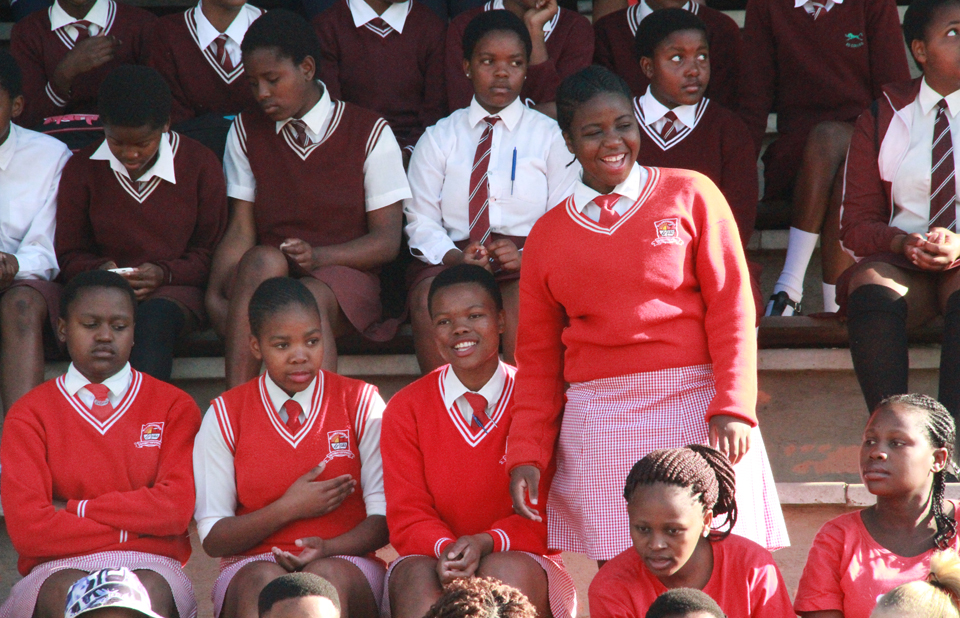
The Ministry of Health, a few months ago, mooted a proposal to introduce contraceptive use by children as young as 10 years. Similarly, the East African Community Legislative assembly has drafted a bill– the EAC Sexual Reproductive Health and Rights Bill 2017, which is at committee stage, and also seeks to legalise abortion.
This proposal was welcomed by outrage from religious leaders, school administrators, parents and a wider community.
By and large, many argue that this has moral tenets. This has tickled me to share my opinion on the females, who are beneficiaries of achievements of women movements: with more freedom, opportunity and choice than their mothers or grandmothers.
Simply, they are self-conscious, liberated, self-determined individuals with careers, sexual freedoms, and choice.
Contemporary girls can be as profane as boys, are sexually frank, girls talk in casual and expletive-laced manner stereotypically attributed to men.
Ironically though, to my optimistic expectations, it is bitterly disappointing to only discover that there is a general gradual shift by many young women from improving one’s character through good work, to improving one’s body through tattooing, piercing, hip enlargement, breast enhancement, make-ups.
By the time young girls reach their late twenties, many complain that all the good men are “taken”. Some single young women find it easier to hook up with different people for different purposes. Comradeship has replaced courtship and marriage as a preferred path to intimacy.
To use a political metaphor, the aspiration to union has been abandoned for the more modest goal of confederacy.
Of course growing up has never been easy for girls, and it is more prolonged and perilous than ever before.
Puberty begins as early as eight, first sexual intercourse can begin at 15-17; and women remain single and sexually active into their middle or late twenties treading through rough roads in this period.
As noted by Uganda Police’s annual crime report 2013, sexual abuse is alarmingly high with an average of 26 young girls defiled every day. In 2006 alone, more than half (53 per cent) of women ages 20-49 were married before 18, which is the legal age of marriage.
Throughout the world, marriage is regarded as one of the key events in most people’s lives, a milestone in adult life, and a moment of celebration.
The right to exercise the choice of a marriage partner has long been clearly spelt out in international human rights instruments and other national laws. Sadly, the enabling legislation has not helped thus far.
Many girls, and a smaller number of boys, still enter marriage without any chance of exercising their right to choose.
A rough consensus however exists on what makes growing up hard for girls today: first; the media is saturated with sexually explicit images and misogynistic messages.
The tabloids and TV programmes assume every girl is focused on herself and her sex life, rather than herself style, working up to pay for family bills and making communities better-putting smiles on disadvantaged households and families in rural communities and further portrays the girls as those that ignore any topic of civic, religious, or intellectual seriousness.

